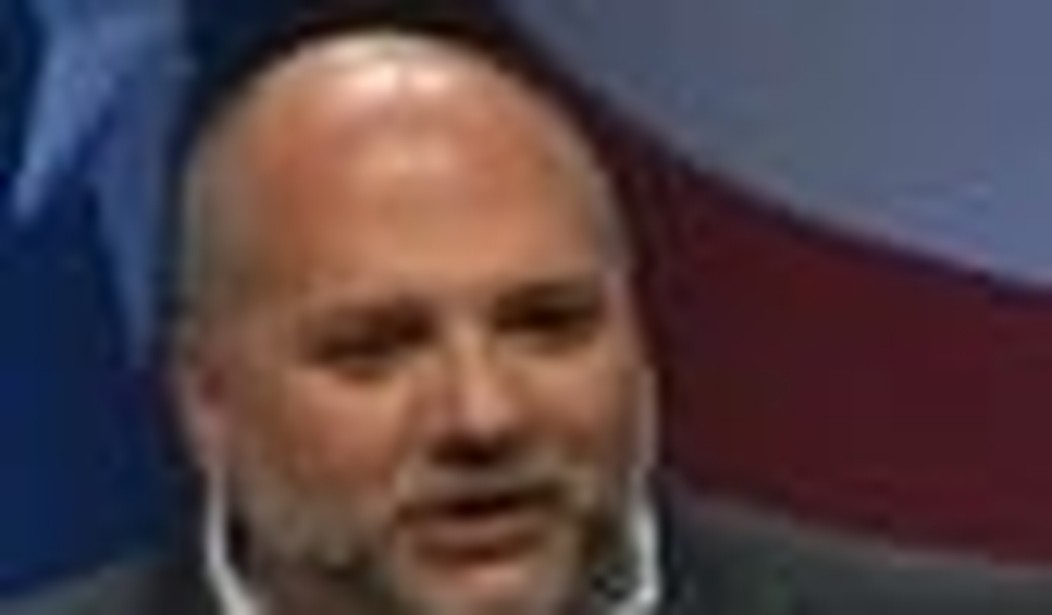Should gay and lesbian Congress members and staffers be outed?
When they engage in anti-gay activism — yes.
That’s because the question is not “Do members of Congress and their staffers have a right to privacy about their sexual orientation?” There is no such thing as privacy about anyone’s sexual orientation. Not only is your sexual orientation almost impossible to hide, but also knowing it is so fundamental to creating rapport that practically everyone you meet automatically sizes you up and makes their own decision no matter what you say. On top of that, since straight people flaunt their sexual orientation 24/7, the more private you are about your personal life, the faster people assume you are gay. Try spending a week monitoring every single thing you say and do to ensure that you are able to conceal the most fundamental fact about you after your gender — your sexual orientation. You will get an idea how difficult it is — and how futile.
Not that long ago, as late as the 1980s, it was vastly more dangerous to be openly gay than it is today. I came out at the age of 18 in 1972 and lived through this. In order to have any kind of life, nearly every gay person had to live a lie. That is why, when practically all of us had to keep a secret in order to survive, the gay community was complicit with the anti-gay activism of gay members of Congress. One such member, conservative Republican Robert Bauman, was defeated in November 1980, a month after he was caught soliciting a 16-year-old boy for sex. (Bauman later boasted in his autobiography that he often visited gay bars in Washington, D.C., and recognized many gay members of Congress and their staffers there.)
Also at that time, Maryland had another closeted member of Congress, liberal Democrat Barbara Mikulski, who effectively was outed by a scandal in 1981 when she was serving in the House of Representatives. She briefly lived with Australian feminist Teresa Brennan and hired her as a member of her staff. The consensus in the state seemed to be that no one cared that Mikulski was a lesbian because people liked her and thought she was doing a good job. In 1986, when Mikulski and Republican Linda Chavez were competing for Maryland’s Senate seat, Chavez based her campaign on metaphorically calling Mikulski a lesbian and lost. Maryland knew, and Maryland didn’t care.
Nevertheless, Sen. Mikulski voted for the 1996 Defense of Marriage Act. Soon afterward, gay activists confronted her about her vote at a book signing. The certainty of being outed has improved her subsequent record on legislation concerning gay equality.
That is why I believe we must and should out closeted gay and lesbian members of Congress and staffers when they engage in anti-gay activism.
Jimmy LaSalvia and Christopher Barron of GOProud disagree with me. GOProud has a policy against outing. I consider it pragmatic. Knowing that GOProud won’t out them makes closeted Congress members and staffers feel safe working with them on the full spectrum of issues of concern to conservatives. A third of gay voters voted for Republicans in the 2010 election, according to a CNN exit poll. Thanks to discrimination, the gay community does not look to the government, family, or religion to address its needs. That’s also why gays in large numbers choose entrepreneurial professions. This makes the gay community a working model of self-reliant fiscal conservative principles — and a constituency that properly belongs to the conservative movement.
Regarding the recent controversy over GOProud’s supposed outing of Tony Fabrizio, Gov. Rick Perry’s pollster and chief presidential campaign strategist, I believe Chris and Jimmy had no idea that anyone considered Fabrizio closeted. They say that Fabrizio has been openly gay and associated with gay causes for many years. So when reporters called for their opinion of Fabrizio as a gay man crafting Perry’s “Strong” TV ad in which Perry shamed our soldiers who are lesbian or gay, their answers were based on their observation that Fabrizio was out. While Fabrizio reportedly advised against running the ad, I agree with Chris and Jimmy that the only way to register a real objection would have been to resign. But when Chris and Jimmy expressed their opinion, they didn’t out Fabrizio, they just made him more famously gay than he already was.
However, the Fabrizio controversy over whether or not closeted gays and lesbians participating in anti-gay activism should be outed marks a watershed. Public attitudes toward gay equality are considerably more positive now than they were when Bauman and Mikulski could lead double lives and use anti-gay activism as part of their cover. These days, vehement anti-gay activism is practically an announcement that you’re gay. The time when gays have to be closeted and lead double lives to succeed in their careers is nearly over in the United States. We have passed the tipping point in the gay community where people will keep their secret because they have a secret of their own. The community interest is now served by outing.
This poses a dilemma for closeted gays in public life, especially the ones who have married for cover. They’ve built their lives on a lie that they no longer have to tell. It’s the lie that matters now, not their sexual orientation. Their lie is now legitimate news, just as much as Anthony Weiner’s lewd Twitter self-portraits — all the more so when anti-gay activism is part of their deception. What these closeted gays need to understand is that fighting for the right to stay closeted is like trying to stay in the dark when the sun is rising. Their outing is mostly a matter of when, not if. They will be much better off if they achieve outness on their own, rather than having outness thrust upon them.









Join the conversation as a VIP Member